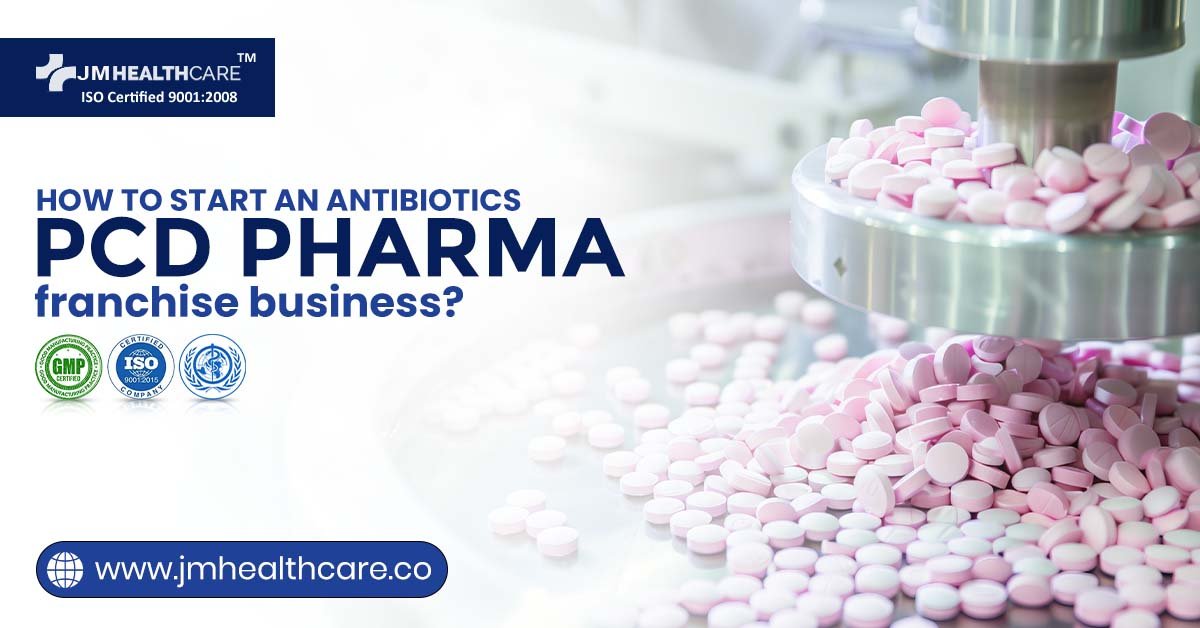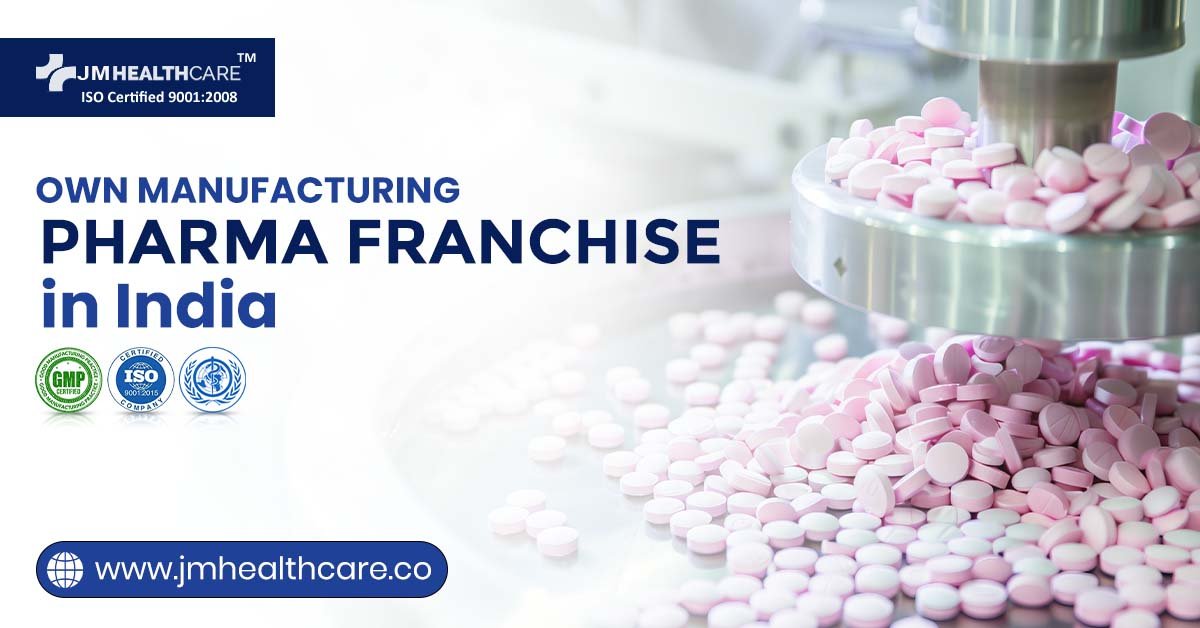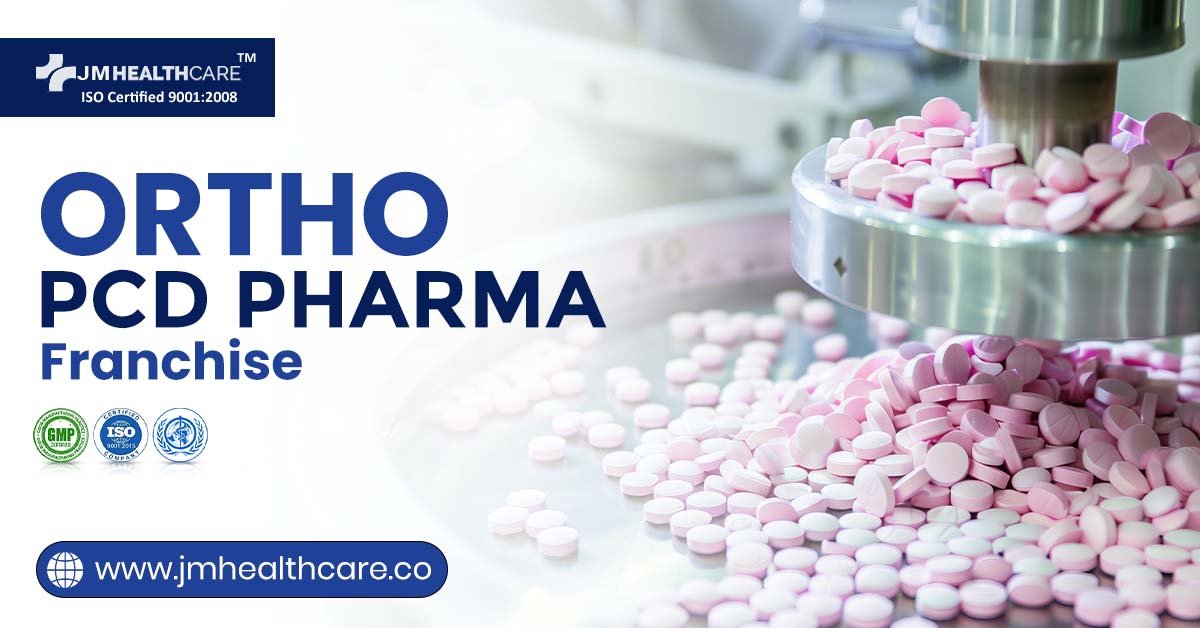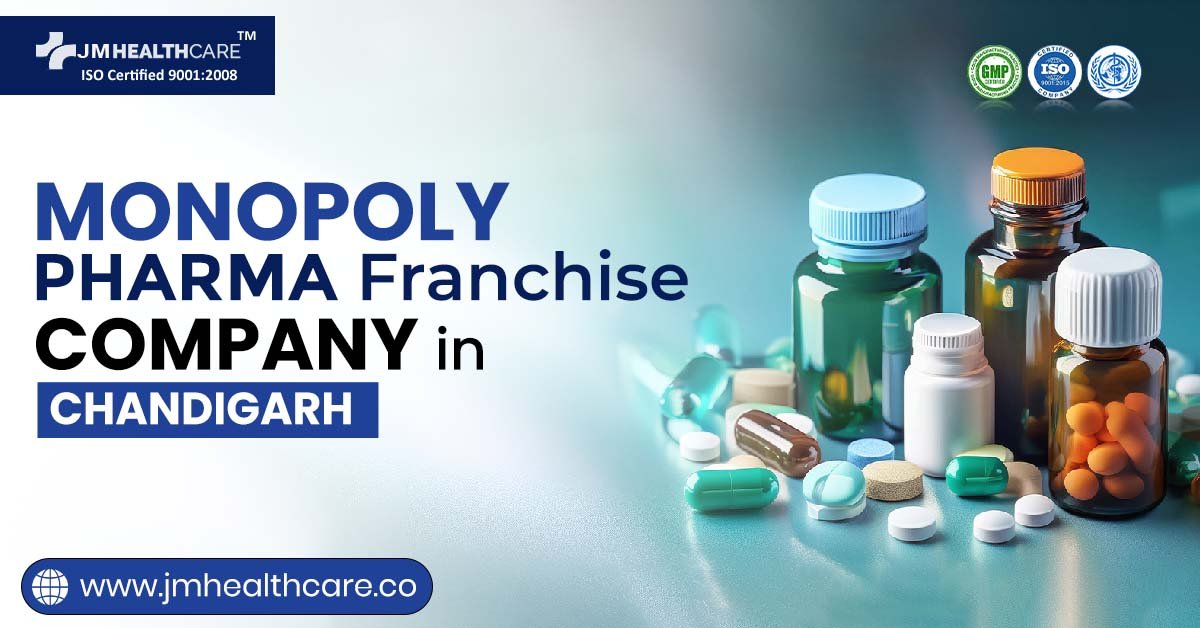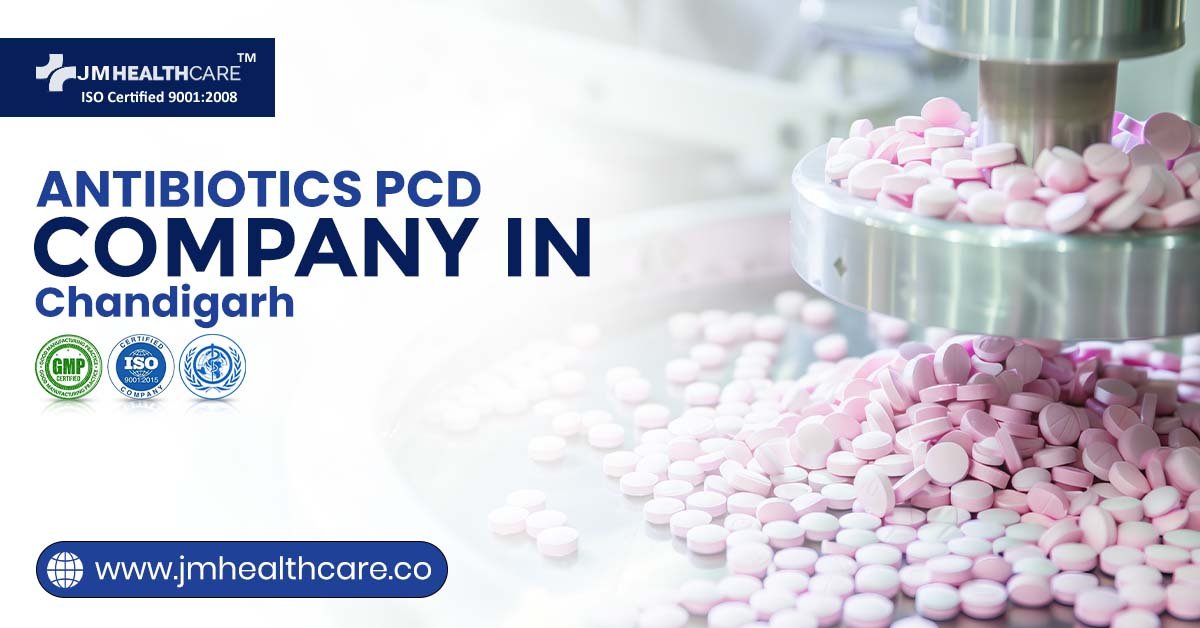
Complete Guide of Antibiotics PCD Company in Chandigarh
A well-developed and highly growing antibiotics PCD company in Chandigarh provides a wonderful opportunity for entrepreneurs and pharma professionals. They allow their associates to enter the constantly expanding pharmaceutical industry. This technique allows franchise partners to market and distribute high-quality antibiotic medications from a well-established pharmaceutical company without manufacturing. Chandigarh's advantageous location near major pharmaceutical hubs, such as Baddi and Panchkula, combined with the rising awareness of healthcare, provides significant benefits. This especially assures easy supply, broad market reach, and an expanding client base. Besides all of this, low investment requirements, WHO-GMP-certified medicines, and excellent marketing assistance are critical for franchisee growth. The reason behind these benefits is that these services allow the franchisees to grow their businesses and be highly profitable. Important factors increase the demand for the genuine antibiotics PCD company in Chandigarh Here, we have discussed some important and influential factors that explain why a reliable brand of the antibiotics PCD franchise in Chandigarh has a huge business opportunity to grow: Rising healthcare awareness: As people become more aware of the importance of treating bacterial diseases on time, demand for legitimate antibiotics rises. Growing population and urbanisation: Chandigarh 's expanding urban and semi-urban population increases demand for pharmaceutical items, particularly antibiotics. Trust in branded medicines: Doctors, pharmacists, and consumers prefer WHO-GMP and DCGI-approved antibiotic brands, increasing demand for legitimate PCD enterprises. Clinic and hospital expansion: The need for the continuous supply of the best quality antibiotics is growing with the healthcare infrastructure growth which includes hospitals, clinics, and diagnostic centres. Monopoly rights and area exclusivity: A genuine PCD company will often grant to its franchise partners exclusive territorial rights, thus allowing them to penetrate the market efficiently and encounter no local competition at all. Wide product range: The presence of multiple antibiotic formulations tablets, capsules, syrups, and injectables helps in meeting the demands of various customers and doctors. Effective marketing support: PCD offers to promote, display and educate to increase brand awareness and thus, the demand goes up. Hence, the combined characteristics make Chandigarh a good market for PCD companies dealing with genuine antibiotic-based products. It is a guaranteed way of growing and making profits in the long term. Why the Antibiotics PCD Franchise in Chandigarh is a Low-Cost Business? The PCD antibiotic franchise goes to the least investment business model by the fact that it has no manufacturing requirements and also no substantial investment in infrastructure. The franchise partners don't have to invest in the production plants, the equipment, or the research centres, so the initial cost is very much reduced. The only significant cost involved is that of the initial stock purchase and the paperwork required, such as applying for a drug license and GST registration. Most of the Chandigarh antibiotic PCD companies provide ready-to-market products, advertising materials, and marketing support at little or no cost. Thus, the costs related to branding and promotion are also reduced. Furthermore, exclusive monopoly rights guarantee targeted marketing within a designated territory. This particularly enables franchisees to attain accelerated sales without direct competition from the same brand. Flexible stock options and minimal order quantities further facilitate participation by small investors and emerging entrepreneurs. Overall, the antibiotics PCD pharma franchise in Chandigarh enables partners to expand their business with limited financial exposure and manageable investment. How can the antibiotics PCD pharma franchise in Chandigarh achieve faster market penetration? Franchise partners will get a faster market advantage by using the existing antibiotic brands along with the WHO-GMP-certified products, which are trusted by doctors and chemists among patients. The monopoly rights make it possible to do promotion only in a certain area. This advantage particularly allows the partners to build up relationships of trust with the healthcare professionals by reducing the competition. Companies further support the partners with a variety of resources. For example, provide promotional tools, visual aids, product samples, and training to help our partners better communicate the benefits of the products. Moreover, the constant availability of stock and the closeness to the nearby pharmaceutical hubs guarantee an uninterrupted supply. Consequently, investing in a well-developed antibiotics PCD company in Chandigarh enables its franchisees to consistently meet the market demand. How important is it to grow the antibiotic PCD franchise business in Chandigarh? Starting an antibiotics pharma franchise business in Chandigarh is very effortless and important for growth. Let's see how: To begin, start with a low initial investment and a limited selection of antibiotic products. The ongoing expansion will involve the addition of new compounds and dosage formulations. The franchise partner is not responsible for any production or regulatory obligations. Monopoly privileges contribute to the consolidation of dominance within the designated territory. There is a consistent yet intermittent desire for antimicrobial medications. Uncomplicated growth into neighbouring regions or districts. Having low operations and overhead costs helps facilitate seamless scaling. The parent firm provides outstanding support in terms of marketing and supply. Increased speed in order fulfilment guarantees the continuous expansion of the firm. Both small distributors and rising pharmaceutical business owners can benefit from this product. Conclusion Due to increased healthcare knowledge, a growing population, and the need for safe and effective bacterial infection treatments, more individuals are looking for a dependable antibiotics pharma franchise company in Chandigarh. Doctors and chemists use DCGI-approved and WHO-GMP-certified companies for their quality and availability. Only a reliable partner can help you adjust to this industry's rivalry. JM Healthcare leads the medical field because it offers the biggest range of high-quality antibiotics, rigorous quality control, exclusive licensed distribution, and powerful marketing support. We built a profitable and long-lasting antibiotics PCD company in Chandigarh using simple business practices and genuine formulations. FAQs Q1. Do the PCD franchises of antibiotics in Chandigarh have the right of monopoly? Yes, in order to reduce the competition, most of the legit companies grant monopoly rights in particular territories. Q2. What kind of products ought to be available from a trustworthy PCD company for antibiotics? A trustworthy PCD company should offer antibiotics in various forms, such as tablets, capsules, syrups, solutions, and injectables. Q3. Is the PCD franchise for antibiotics appropriate for novice business owners? Yes, because of the company's marketing help, ready-made products, and inexpensive investment.
